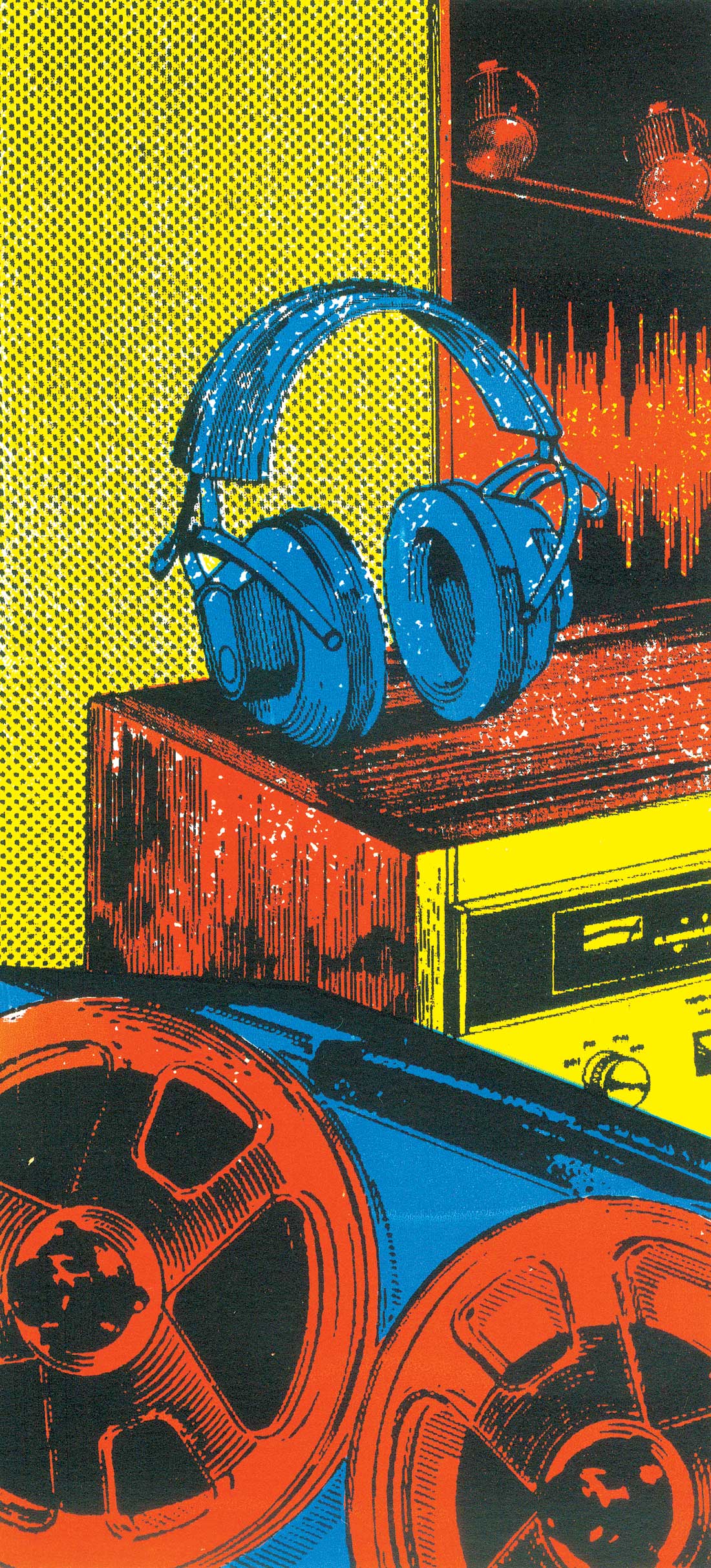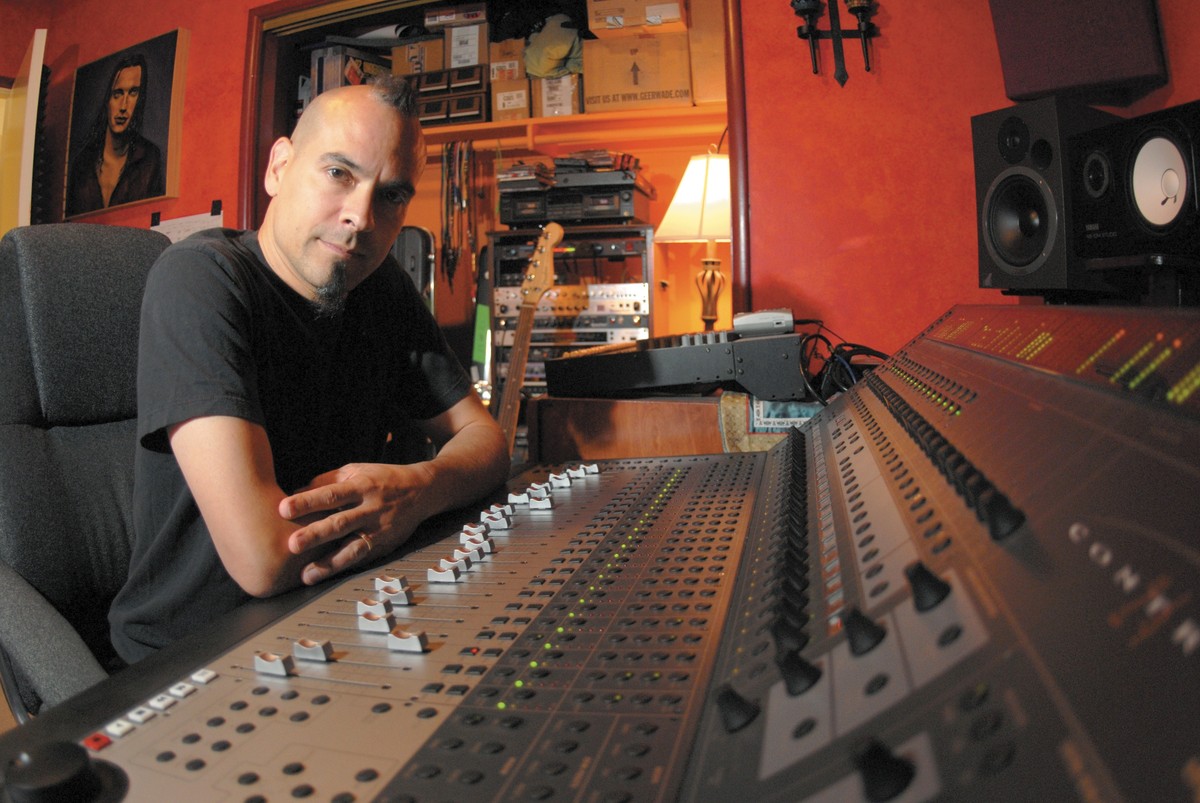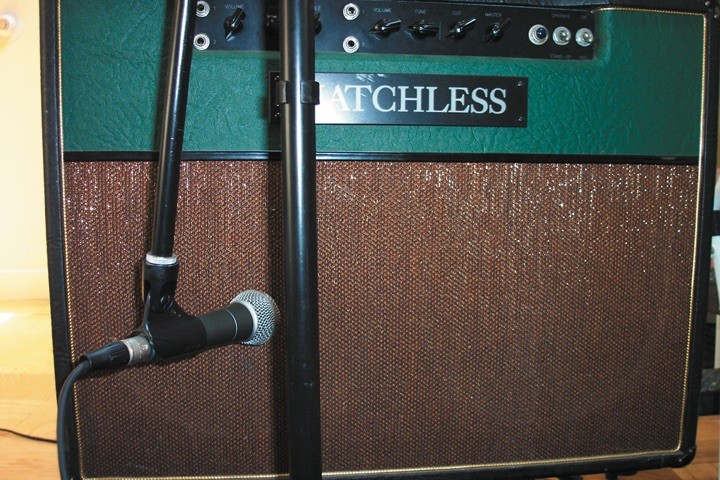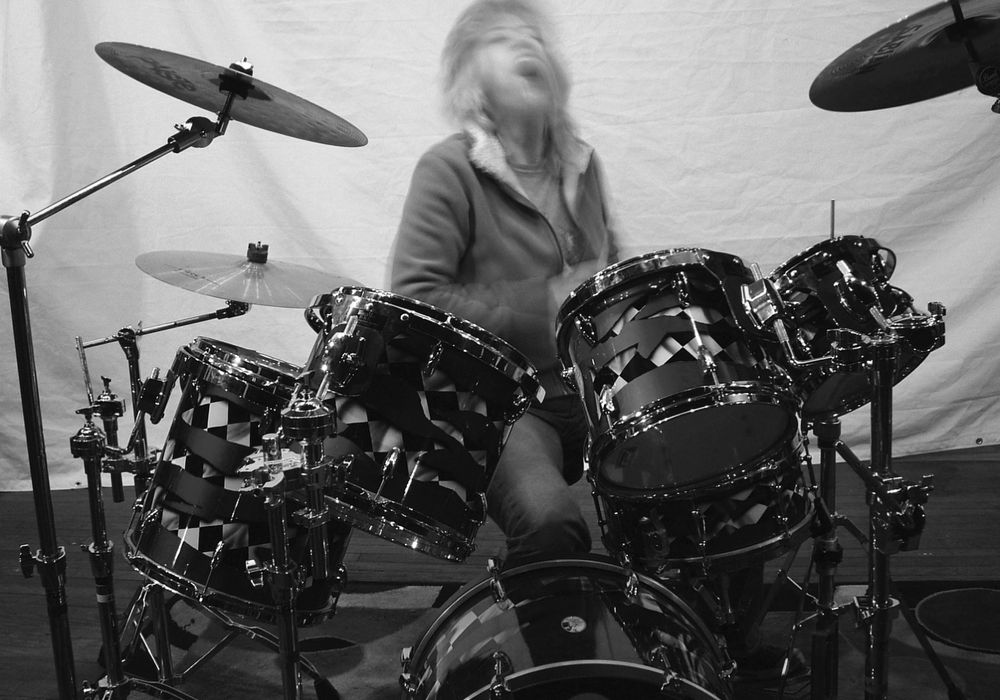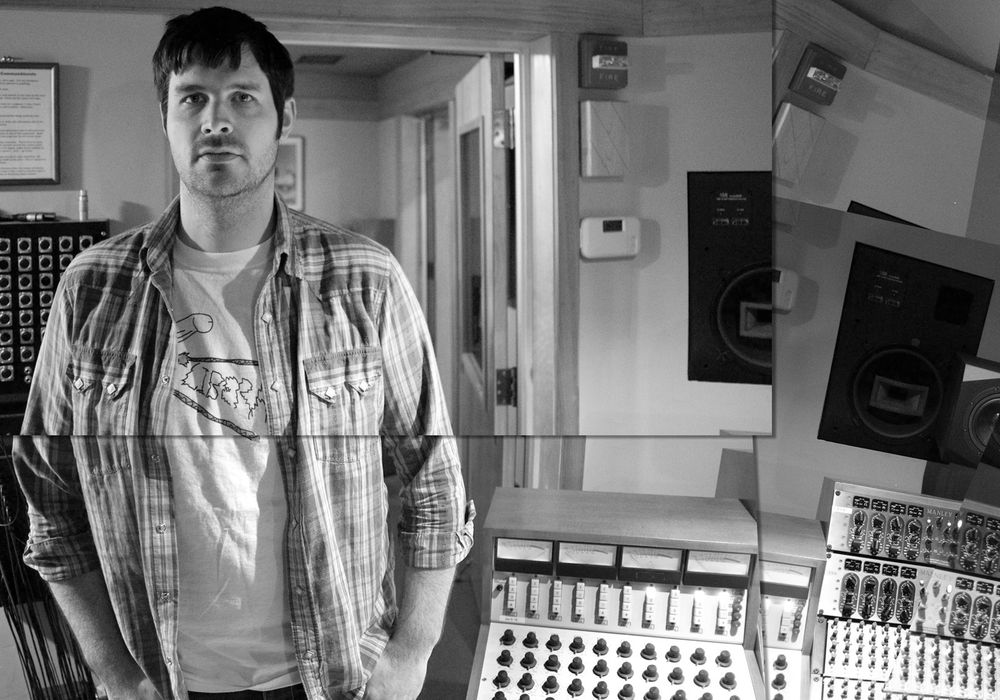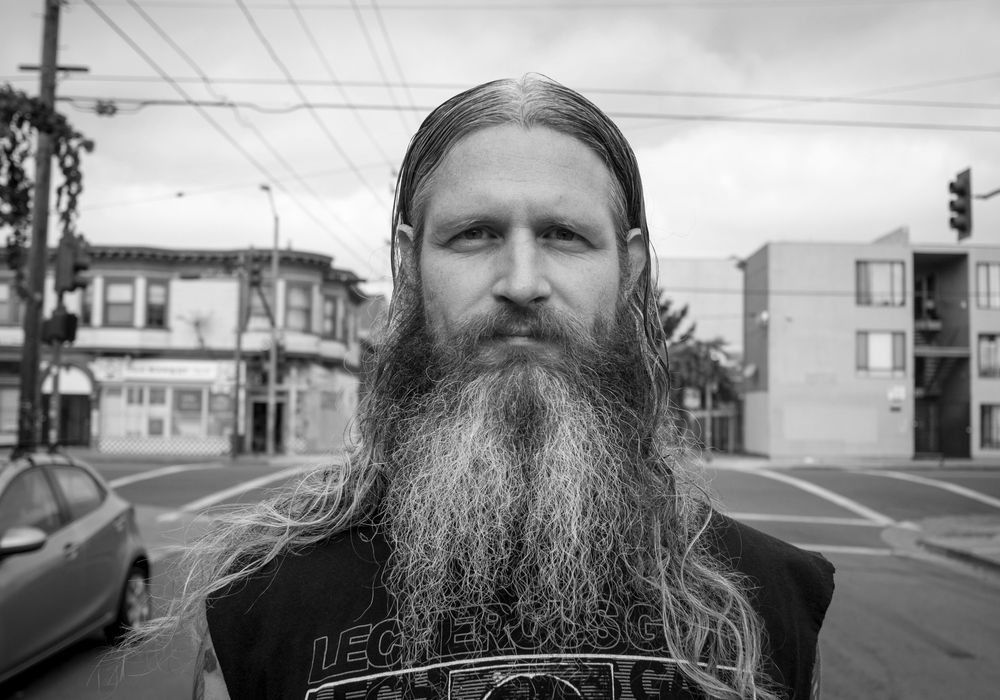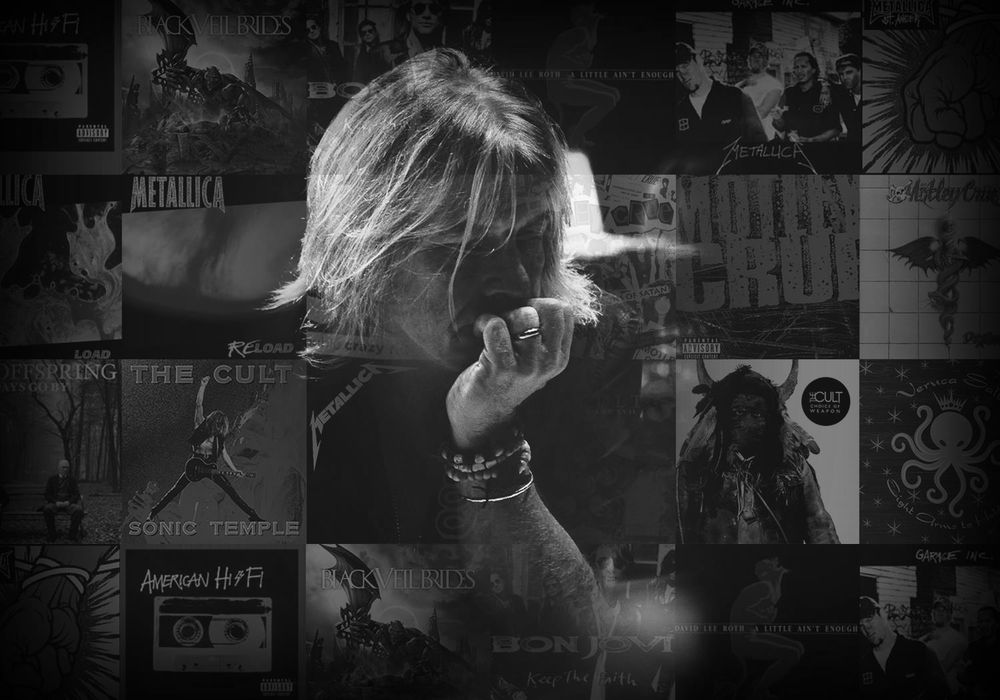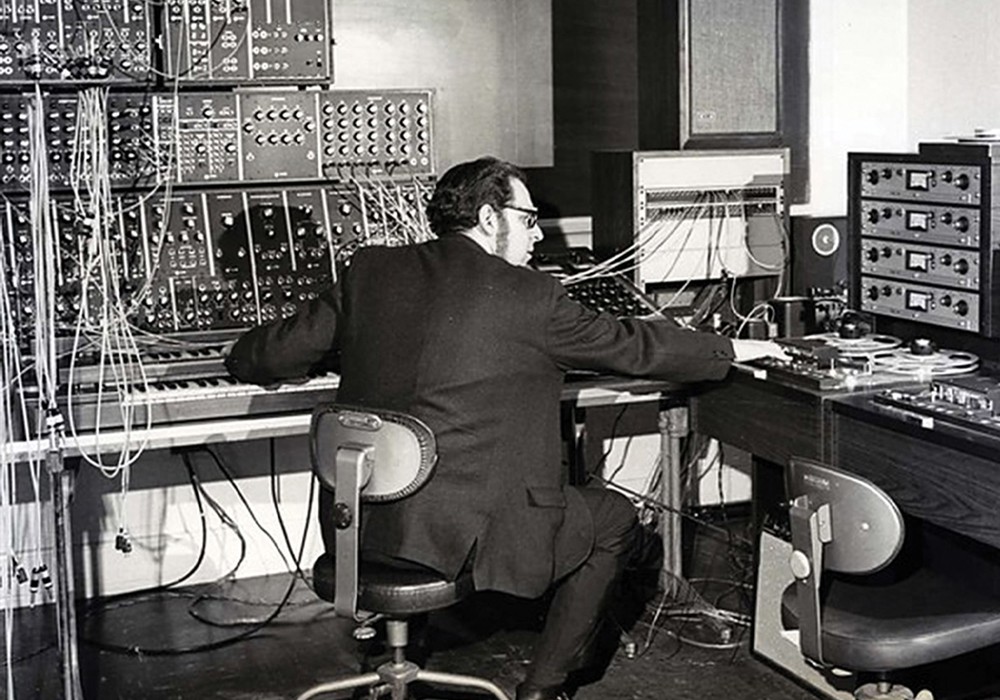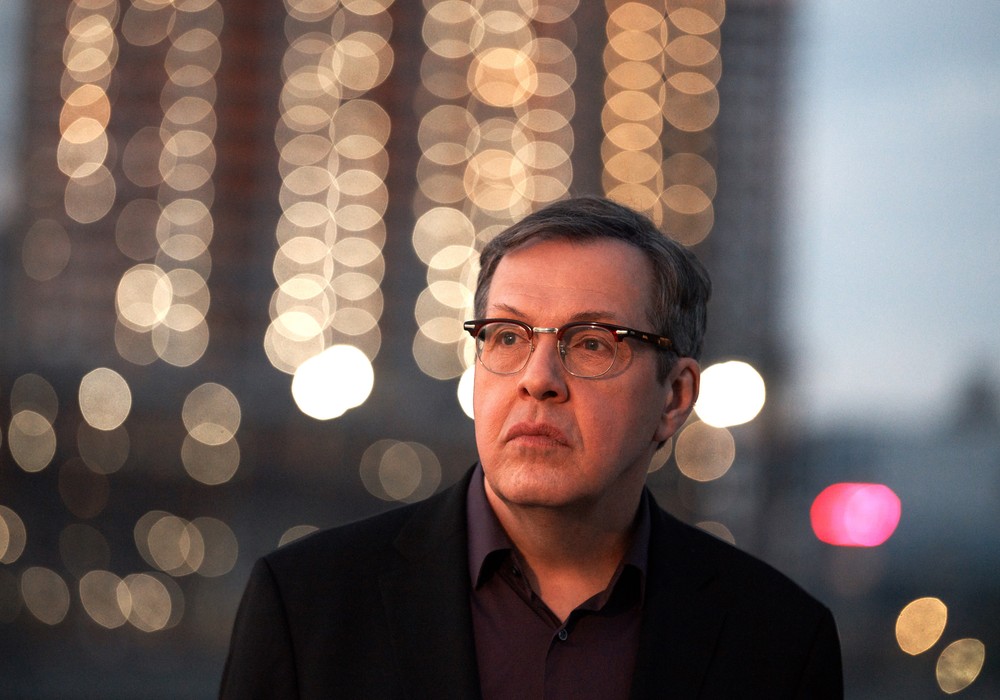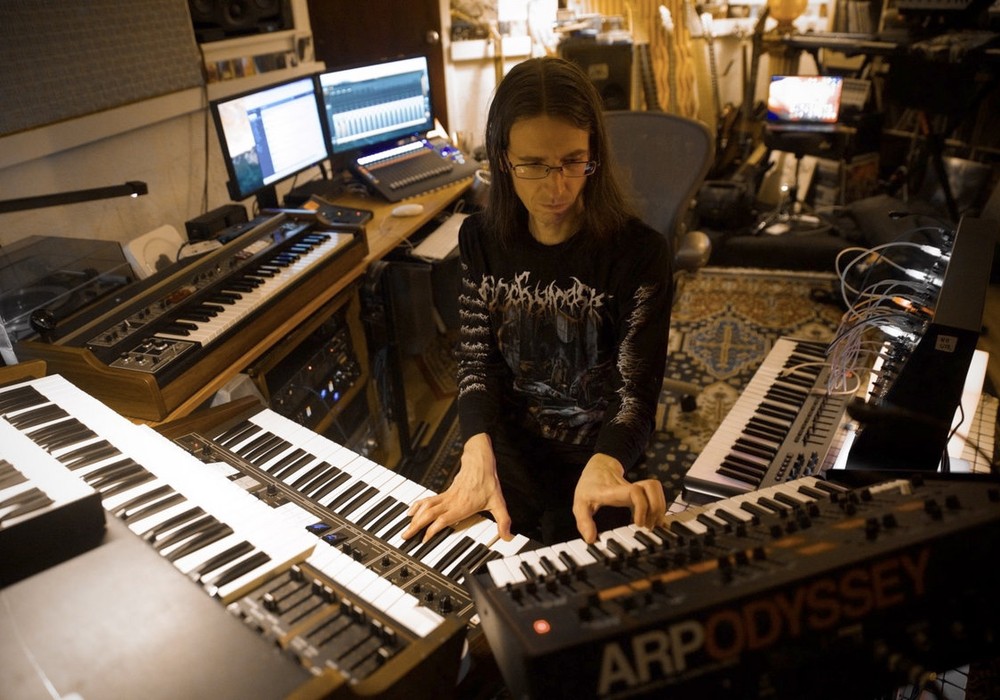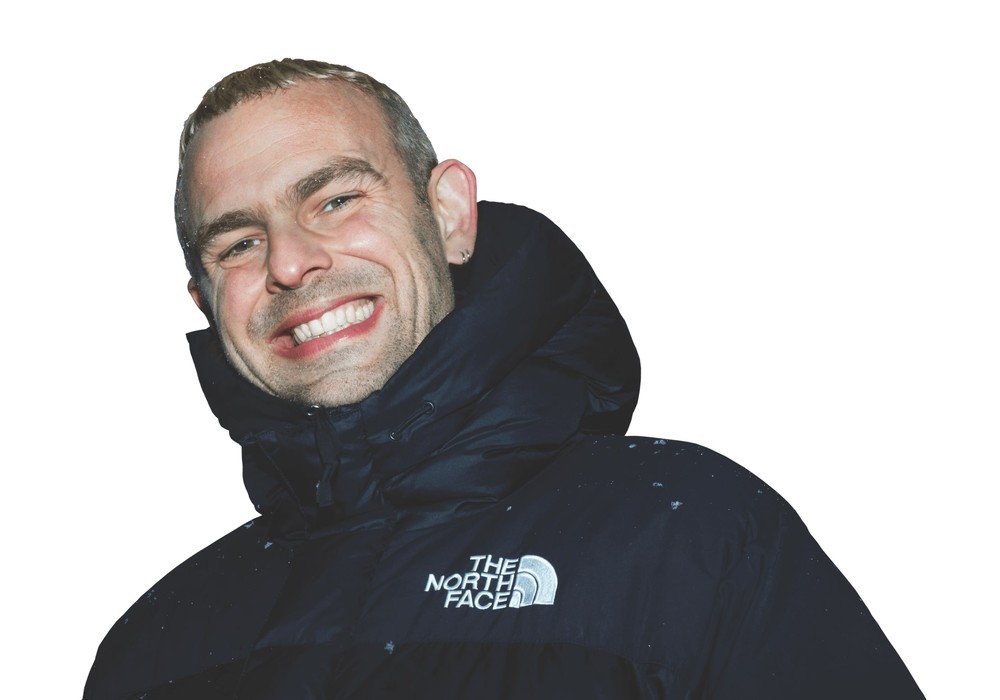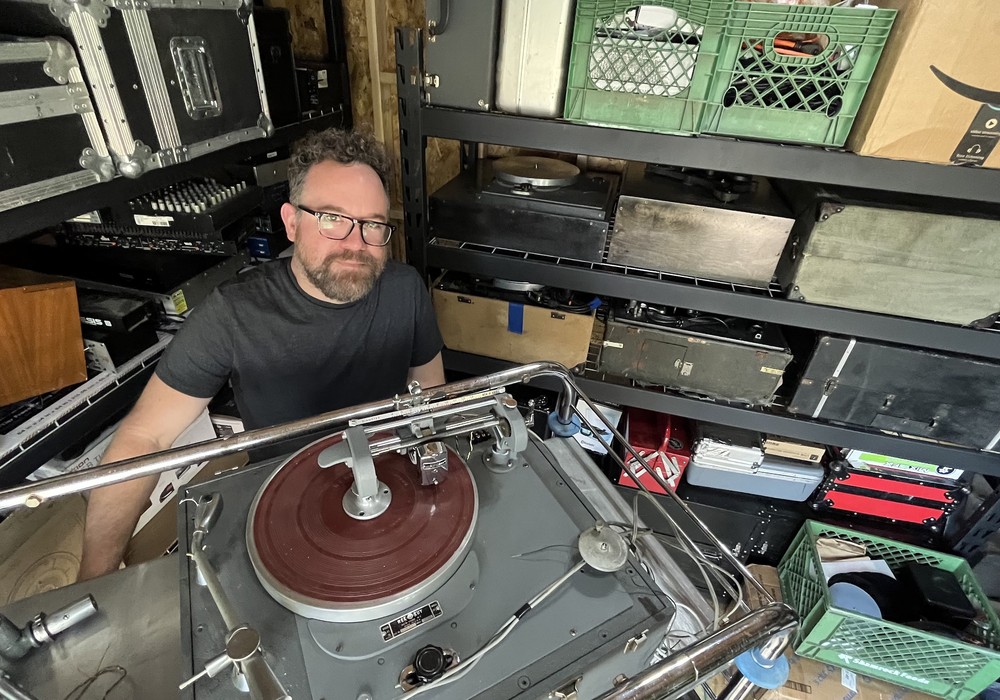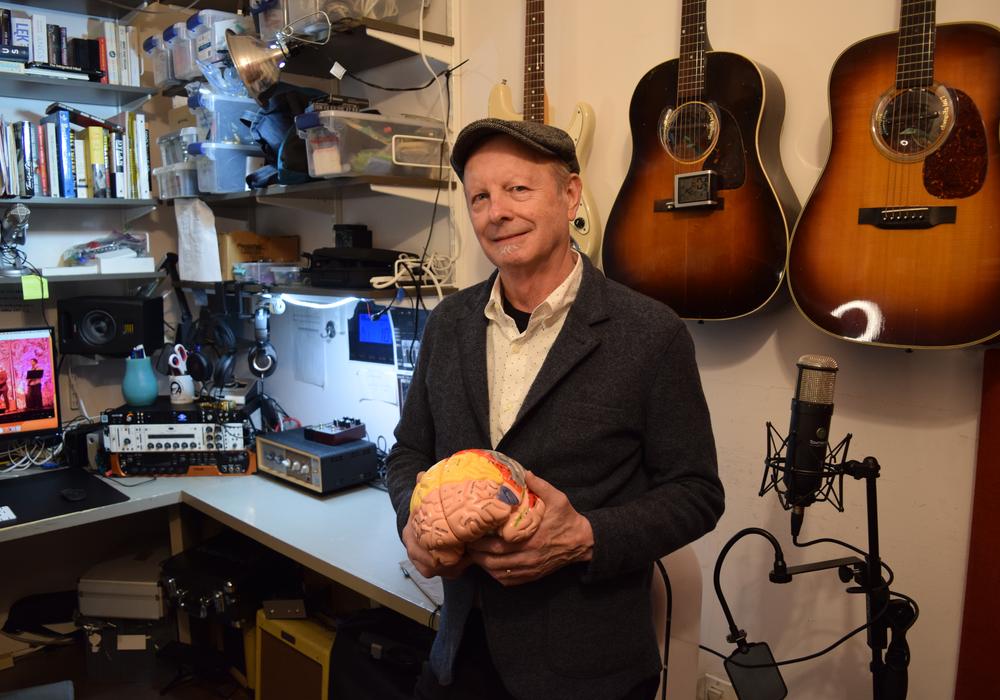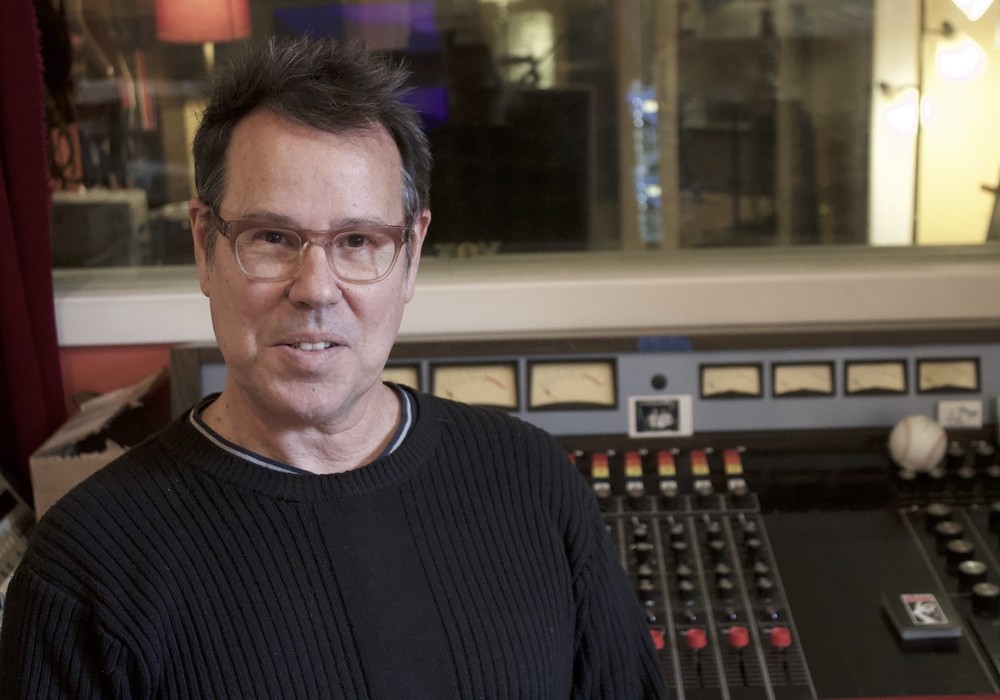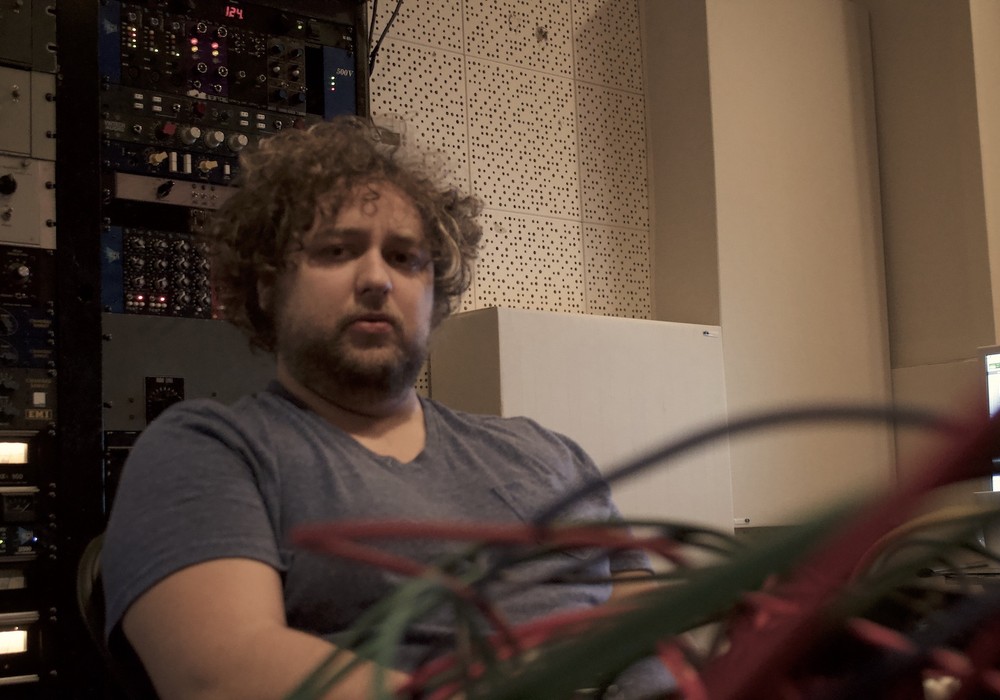I first learned about Joey Vera in the mid-1980s, when he emerged on the L.A. rock scene as the bass player for the band Armored Saint. Signed to Chrysalis and then Metal Blade/Warner Brothers, Armored Saint took an eight-year hiatus starting in 1992 when singer John Bush left the band to join the thrash metal outfit Anthrax. In a strange way, as one door closed for Vera several others opened. Vera began playing bass in bands such as Fates Warning, Tribe After Tribe, Seven Witches, Engine, OSI, Chroma Key and once again in Armored Saint when Bush returned in 1999. He also took time to hone his studio skills by engineering, producing and mixing sessions out of his own studio, The Bridge. Vera's been at the controls with artists such as Plain White T's, The Polyphonic Spree, Josh Kelly and Anthrax, to name a few. Catching up with Vera's busy schedule is no easy task as he just returned from playing the Evolution Festival in Florence, Italy with Fates Warning. It was only about a month earlier that he was also in Europe playing the Rock Hard Festival in Germany with Armored Saint. As soon as he got back from Italy he jumped right back into The Bridge to continue producing and engineering the new DC-4 album. As I sat down with him in his studio on a recent Thursday afternoon, his demeanor was so relaxed that one would never know he had all this going on, in addition to having just arrived back home earlier in the day from taking his daughter to the doctor for a routine checkup.
With Armored Saint you've recorded tracks separately. Why does that work for you? Also, would you consider recording the basic tracks live for the next studio album?
Well, technically we do record the tracks all at once. It's just that we end up only keeping the drum tracks when we do that. There are two schools of thought. One school of thought is, set everybody up, get good sounds and then just record the band and get the live vibe with everybody together and have that be the basic tracks. The other school of thought is, set everybody up, but really only worry about the drum tracks and then from there build it up, and have guys build their guitar parts and bass parts over it. For Armored Saint's style of making music, we prefer building it from the ground up. To be quite honest, we're a bit of a loose band. If you've ever seen us live we're not like a super tight (at least not in my eyes anyway) group. We have a sense of a loose live thing that we've always had. So in the studio that really, really shows. As they say, the tape doesn't lie. So, if somebody is not quite in the groove with the drums, or somebody is ahead or a little bit sloppy here or there, it really is noticeable. For our style of music it works best for us to do the drums [first]. We record as a band. We all play together in the same room with headphones. We really concentrate on getting a good drum track. From there, we do the bass, guitar... actually that's not really true. This last time with Revelation, which is what we recorded in 2000, we did the guitars first and I did the bass last.
Oh really! Why?
Well, for me it was more of a way to find my place in the mix. When you record loud Marshall [amps] they can tend to take up a lot of room. They can go way down around 100 Hz and all the way up to 6 kHz, or something like that. They can cover such a broad spectrum that for me it was better to wait until the guitars were recorded so that I could dial in a better bass sound and let it be able to find its own place to reside in the frequency spectrum. When you do it the other way, you have no reference. You're just playing with the drums and maybe a couple of scratch guitar tracks. I've done it so many times that way and that's sort of the traditional way. Do drums first, then you do bass, then you do guitars. You can get a killer bass sound when it's just you and the drummer, but then the guitar players show up and they got all this low end coming out of their guitars, and they're covering up this nice mid-range that you'd like to have. It's really hard to make the bass poke out after that. I've actually been trying to do that lately on a lot of sessions that I play on. If I can, I'll ask to be one of the last ones to record. I sometimes get it and I sometimes don't.
You've had some interesting percussion on Armored Saint's last two albums, Symbol of Salvation and Revelation, as well as on your new solo album, A Chinese Fire Drill. You don't see many metal bands incorporate percussion at all. It seems like you have an ear for it. Is that a dumbek on the intro to A Chinese Fire Drill's "Automatic Fantasy?" Also, did you play the percussion parts on your solo album?
I played some of it. What you were talking about is actually a tabla part. The drummer that I hired — this guy Greg Studgio — he's the one that played the majority of the other stuff, like shakers and bells. He [also] played some stuff with the tablas. I don't know where it comes from other than having a liking for a lot of...
